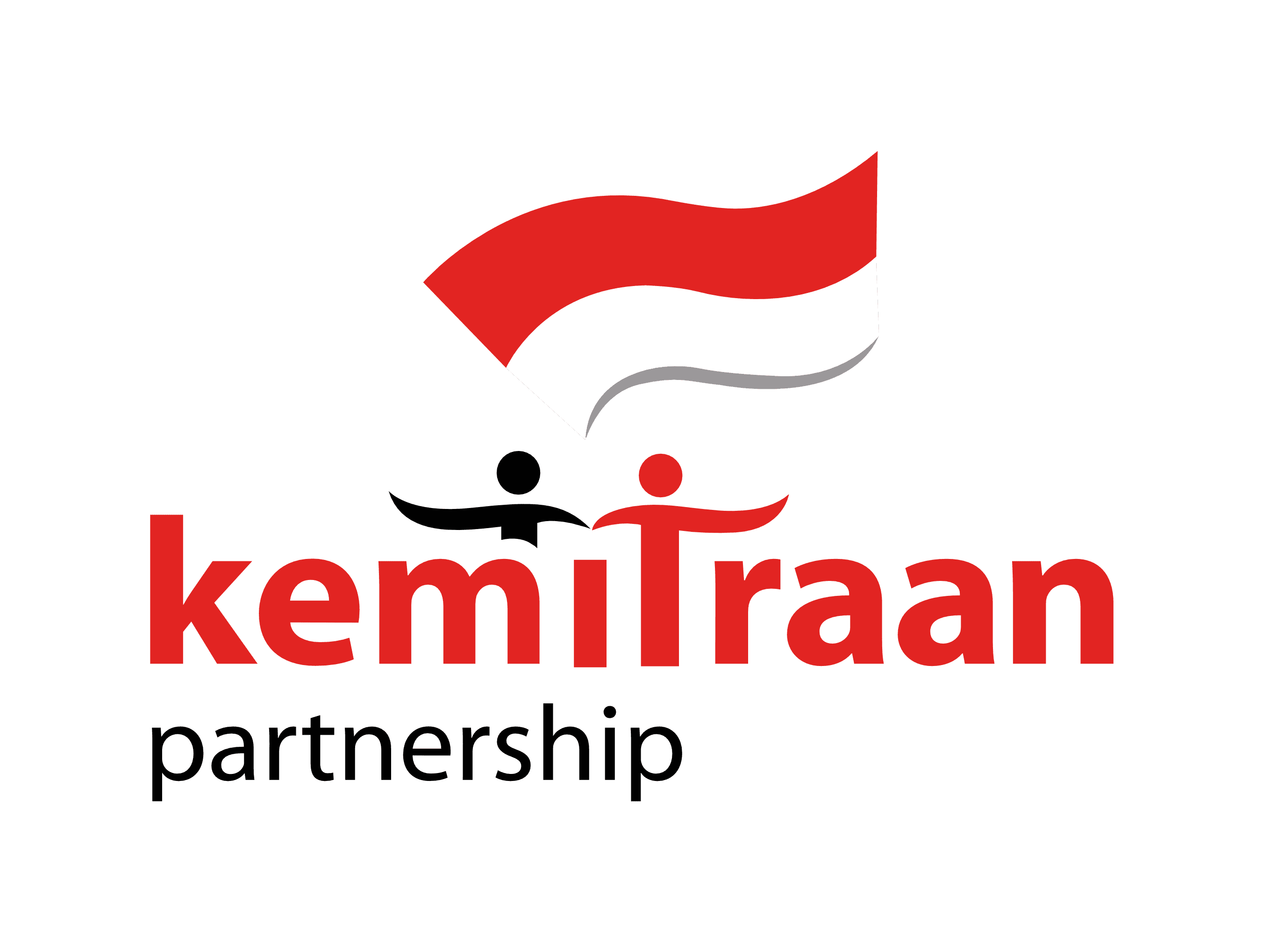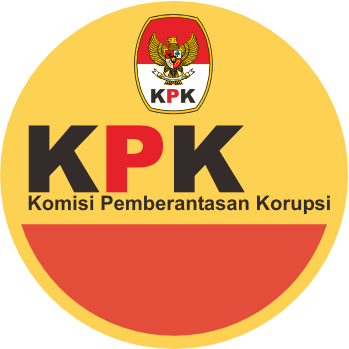Definition and scope
A process that guarantees that gender equity and equality-related aspects are mainstreamed, recognized and respected, including opening wider opportunities for women to express their needs and interests in a way that is safe and comfortable for women. The scope may vary from one place to another, depending on the context, culture and geography.
Instruments used
1. Identify gender-based needs and interests, particularly women’s groups, especially those who are potentially directly affected by the project activity.
2. Using a working device that is gender friendly, such as the selection of meeting location and time.
3. Ensure the project activity does not eliminate the source of livelihood for women as well as endangering their lives. Included in this category are changes in lifestyle, reduction in environmental functions, and increasing violence against women associated with the project. If unavoidable, it must be ensured that the appropriate consent of women whose lives are affected is sought, followed by the restoration of disrupted livelihoods.
4. Provide full and complete information on policies, projects and programs, with a language that is understood by both men and women, in appropriate forms and culture.
Legal Foundation
| Regulation | Content |
| Law No. 7/1984 on CEDAW ratification (Convention on the Elimination of All Forms of Discrimination Against Women), ratification | These laws exist to ensure the Elimination of All Forms of Discrimination against Women which was approved by the General Assembly of the United Nations on 18 December 1979. The Convention recognizes the differences between men and women, as well as the importance of affirmative action, and defines forms of discrimination against women. |
| Presidential Instruction No. 9/2011 | This Presidential Instruction gives orders to mainstream gender in the implementation of the planning, preparation, implementation, monitoring and evaluation of national development policies and programs, to ensure they have gender perspective in accordance with roles and functions, as well as their related authority. |
| Law No. 39/1999 | This law ensures that every individual, including vulnerable groups are entitled to fair treatment and protection with regard to specificity (Article 3) |
Other regulations related to women’s rights are also found in various fields, such as education, participation, and information.
Minimum achievement List
1. There is assurance that the project is executed and does not violate the rights of women which is reflected in the planning and implementation of the program (in the contract between the implementing program with The Partnership, as well as an agreement between the community and the program implementors).
2. The existence of models, and involvement of women, in the program area that is friendly to gender-sensitive.
3. The existence of an integrated risk analysis to the design and implementation of projects that respond to needs based on gender.
4. The existence of disaggregated data on the specific needs of affected community members (women as heads of families, and children and women in households headed by males).
5. The existence of disaggregated data on the impact of the program/project on men and women.






